You have probably heard of hydroponics if you work in agriculture or at home. This technology is not brand-new; an earlier version was employed to build Babylon’s hanging gardens. However, because of modern scientific understanding, we can now employ hydroponics to grow more food with fewer resources.
The foundation of hydroponic farming is a method that substitutes a solution of nutrient-rich water for soil, among other methods. Because they require fewer resources than conventional agriculture, they are regarded as a more sustainable solution. For instance, hydroponic crops use 90% less water in their production than conventional soil-grown crops do.


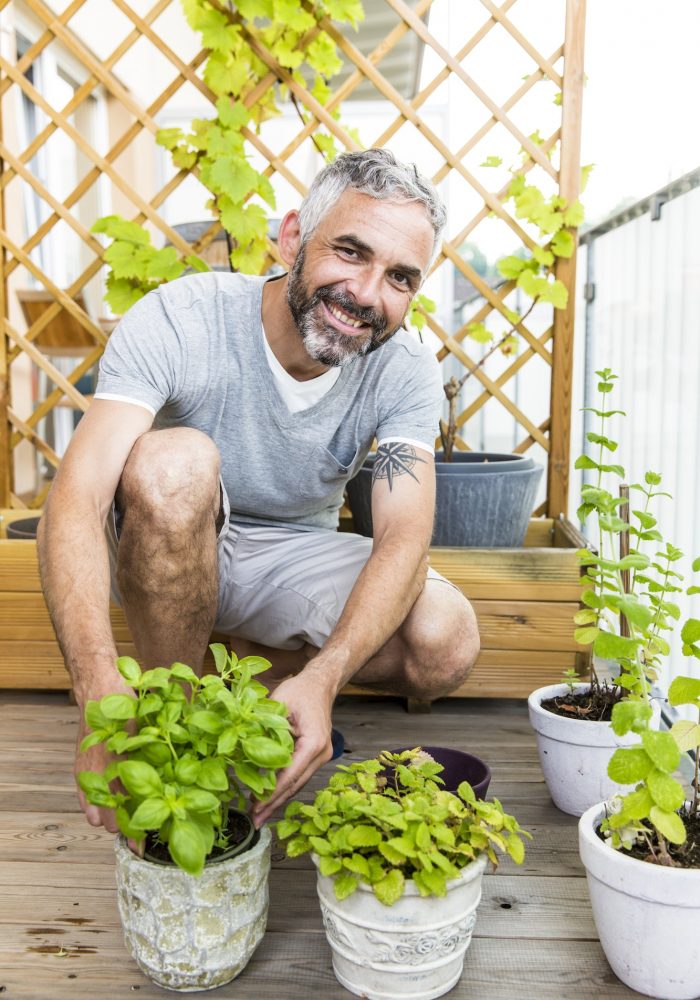
Additionally, it is also possible to produce hydroponic crops at home! Environmental preservation is one of society’s most significant issues; some of the existing agricultural practices are dangerous. According to the United Nations, it is one of the most prevalent anthropogenic sources of soil pollution according to the Food and Agriculture Organisation (FAO).
The sustainability of the current model is called into question by deforestation, which is mainly brought on by soil conservation for agricultural use, as well as the greenhouse gas emissions created by these farms. Hydroponics, a more sustainable method of production employed in urban settings to be closer to consumers, is an option.
You will need expert guidance if you plan to start hydroponic crop production. Because the initial phase is crucial for a good plant yield, it becomes vital to be extra cautious. Plant Judo gives you the expertise required when starting a hydroponics crop production method. Get in touch with us to proceed the right way in your crop production journey.
When you think about the crops cultivated for concession food service operations, do you imagine miles of broad open fields, and rows of tilled ground, with seedlings lining the tops of the heaps?
A growth media is employed in some hydroponic systems to support the plant roots and enable more efficient water absorption to the root structure.
Photosynthesis can take place on hydroponically grown plants when they are exposed to light, and when plant roots are exposed to air, they can absorb the oxygen they require to thrive. Among the nutrients added to water are:

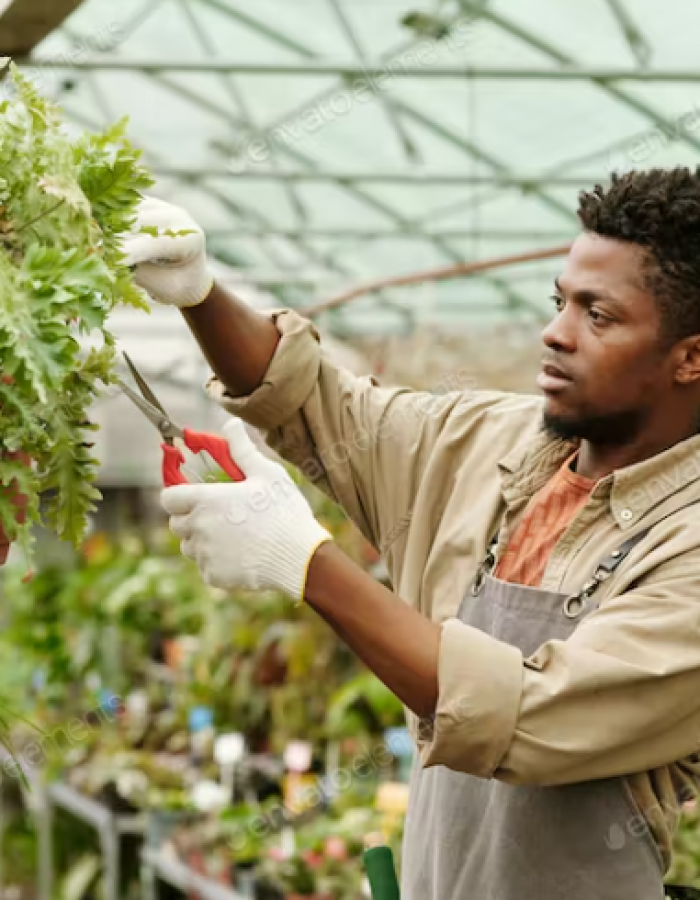
A growth media is employed in some hydroponic systems to support the plant roots and enable more efficient water absorption to the root structure.
Coconut coir, a fibrous product derived from coconut husk and used as a growing medium, is one variety that is frequently employed. Aeroponics, a branch of hydroponics, uses only fertilisers, water, and light without a growing substrate.
A hydroponic farm’s fundamental idea is that soil is replaced with water. The water is then supplemented with solutions to add readily available nutrients for healthy production. Depending on the cultivated plants, the nutrients added to the water may also contain phosphorus, nitrogen, calcium, potassium, and other elements.
Whether you like it or not, hydroponics will probably keep growing and changing in the future. It also offers some attractive benefits in regions where drought and soil erosion are wreaking havoc.
The benefits of a hydroponic food garden are numerous. They are known to produce highly nutritious veggies and vegetables faster than conventional growing methods. They can help solve issues without using an excessive amount of space or water. It appears almost probable that this type of agriculture will serve as the future’s primary source of fruits and vegetables.
Plants produced hydroponically need far less room than those grown in soil. Depending on the technology, vertical farming methods paired with hydroponics can utilise less land than conventional farming methods.
Hydroponic plants have a less environmental impact because their roots do not need to extend out to find moisture and nutrients. Depending on the hydroponic technique, water and nutrients are directly given to the roots, occasionally or continually.
The upshot is that more plants can be grown in a smaller space because each plant’s root system can take up considerably less space. Vertical stacking techniques make it clear that a hydroponic garden requires significantly less growing space than a conventional one.
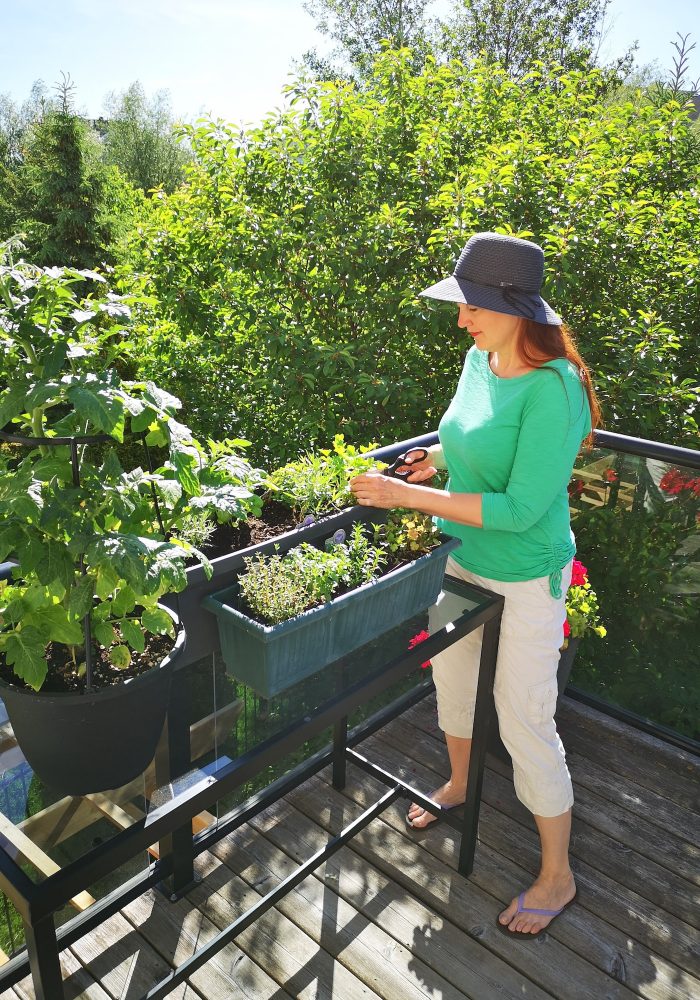
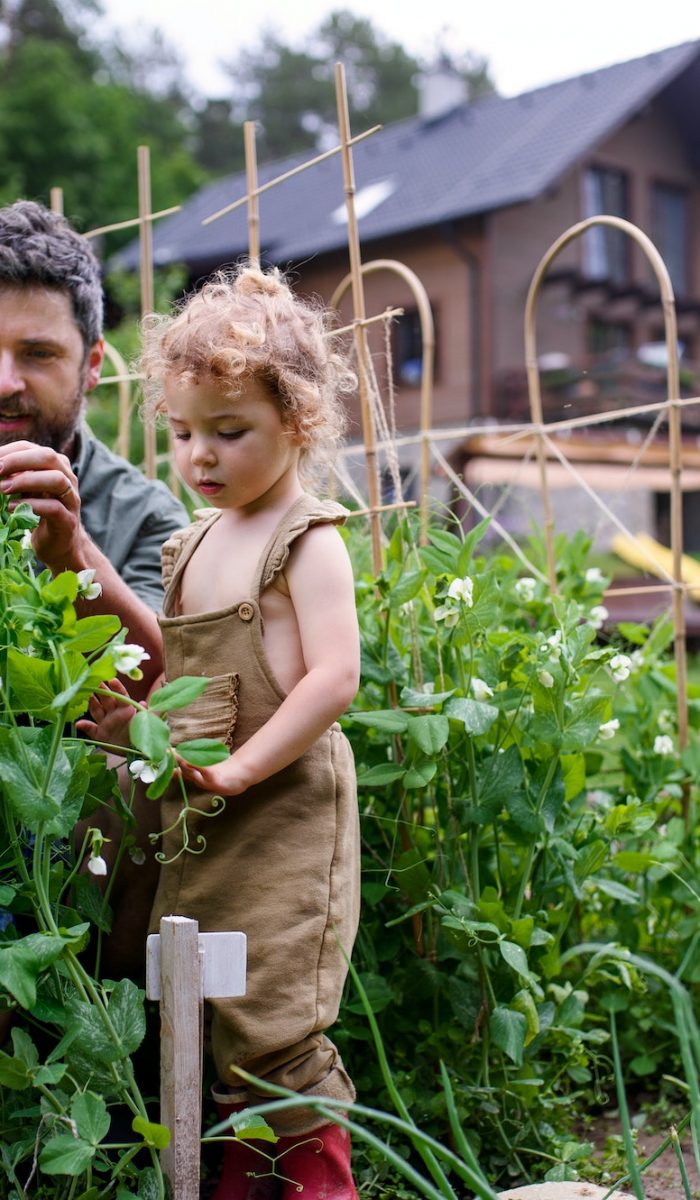
Hydroponic gardens can be easily accommodated in a hydroponic greenhouse or other structure. As a result, they can create their own microclimates shielded from many of the challenges that conventional farmers face.
They don’t have to be treated with a range of insecticides and aren’t vulnerable to pests. Regardless of the climate or weather, plants can be grown year-round in temperature-controlled environments. Even the amount of sunlight is not a problem with artificial grow lights.
By fostering appropriate conditions, it is made sure that plants acquire the ideal quantity of nutrients, which come into contact with roots directly. Microclimates also enable speedier agricultural rotations and year-round growth.
With these factors, modern farming techniques produce significantly higher yields. The yield from hydroponic greenhouses can be greater than that from other farming techniques.
Hydroponics offers a lighter workload for workers and can be readily handled with far fewer person-hours since it eliminates the need for tilling, weeding, applying herbicide and pesticide, and other labour-intensive farm tasks.
It decreases the expense of growing crops while freeing time for other activities. A tiny hydroponic greenhouse can actually be run wholly by one part-time employee.

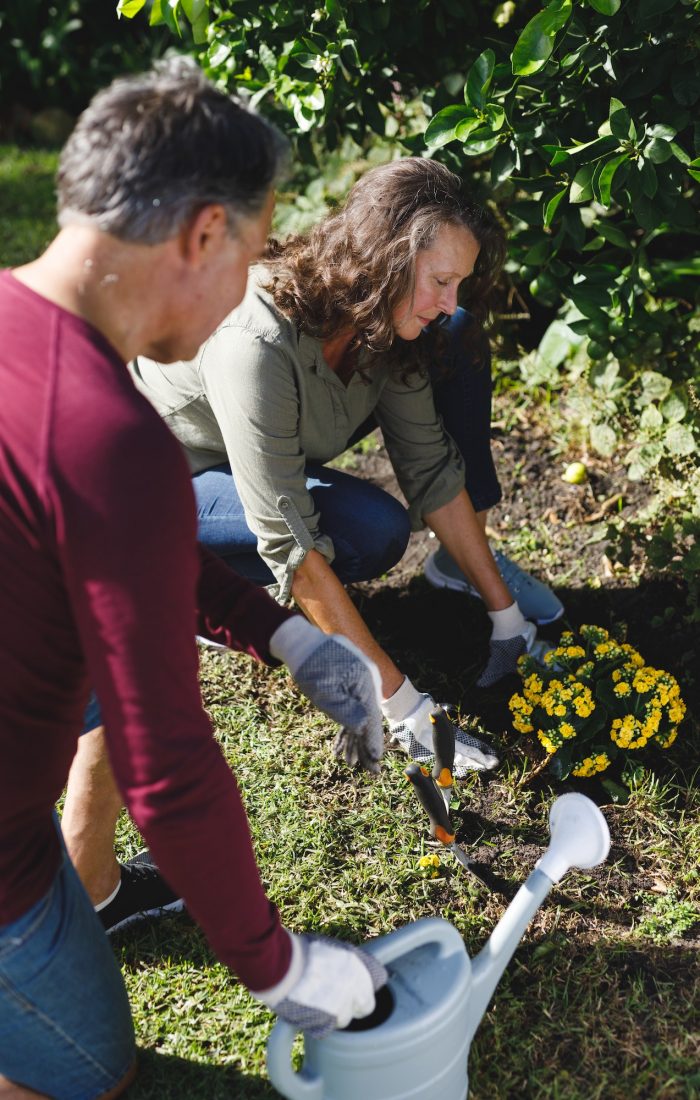
Fertile soil is vanishing from the planet swiftly. In the previous 150 years, topsoil has reportedly been destroyed on half of the planet. This is brought on by salinity, nutrient degradation, salinity, compaction, loss of soil structure, and erosion.
What does this imply for farming?
There are more people for us to feed, yet less soil is available for planting.
Furthermore, there is a significant range in soil quality from one place to another, and many plants have strong affinities for a particular type of soil. Consequently, local soil is the only one that traditional farmers may use to cultivate crops.
Few crops can be raised using traditional techniques in most of the world. Farmers can cultivate whatever crops would be most advantageous to their society without worrying about soil degradation in hydroponic gardens because the soil is not a problem.
The fresher, the better when it comes to fruits and veggies. Few people are fortunate enough to reside in a region where they can always find fresh produce because of the temperature and soil.
So how do we ensure that even during the off-season, most people on earth have access to high-quality food?
The solution for traditional farming has been to pick the produce before it is ripe and then let it ripen in storage facilities and throughout the supply chain. Sometimes, food plucked too soon is artificially ripened using ethylene gas. It is required if crops grown conventionally are to reach consumers in distant locations.
Food that matures on the plant naturally has more nutrients and tastes better. Almost anything may be used to grow these crops because hydroponic gardens have their own microbiomes. As a result, they can be harvested at their ripest because they won’t travel very far to get to the homes and establishments where they will be consumed.
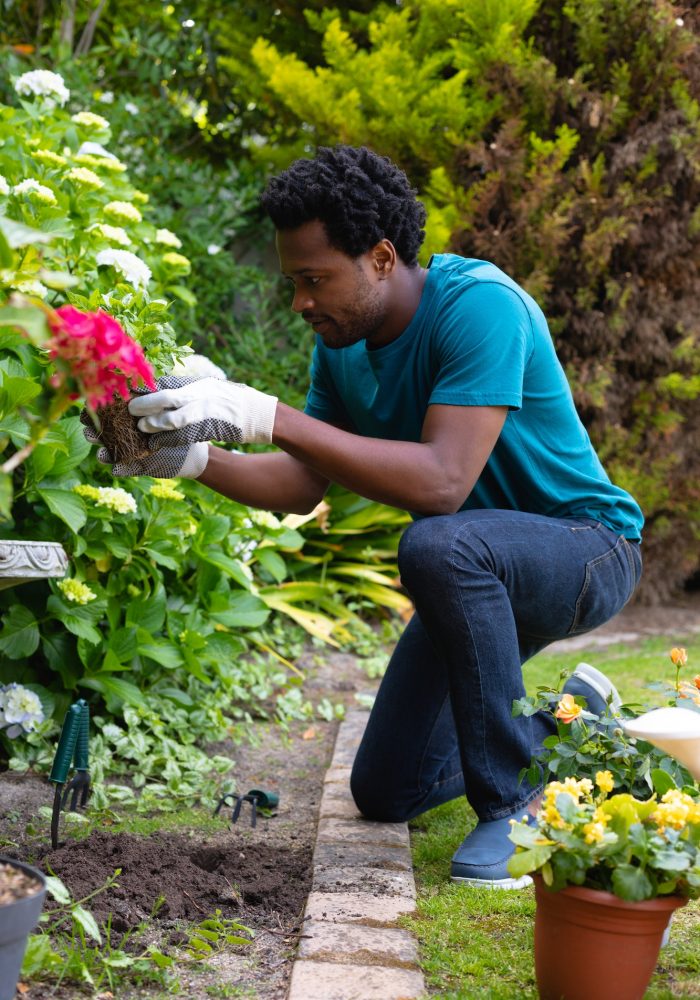
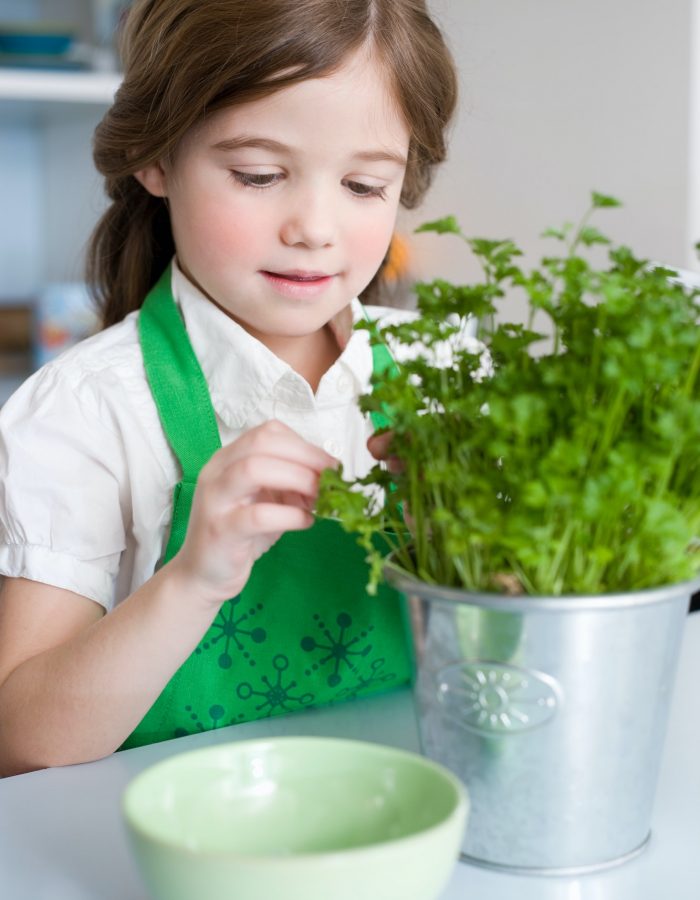
Naturally, growing food locally has advantages beyond the ripening process. Water and energy are used up quickly in conventional commercial growing operations. Then, with even more energy, crops are harvested to produce crops and increase outputs. To get to the supermarkets, they are transported across large miles by trains or refrigerated trucks that burn gasoline.
Finally, they are frequently chemically preserved to lengthen the final product’s shelf life. Hydroponics can eliminate a significant amount of this energy use. It is possible to build hydroponic greenhouses in areas where conventional farms could never prosper.
As a result, they can meet the demands of their local populations without resorting to expensive transportation or dubious preservation techniques.
High-quality crops can now be farmed locally, especially in metropolitan settings, and given to the community more efficiently and with better freshness thanks to the simplified food supply chain.
Our hydroponic specialists at PlantHero use water and nutrients and cultivate plants and other vegetation indoors. Our hydroponic engineers create, build, and maintain the hydroponic systems used to produce these plants.
Our experts create new methods to increase the effectiveness of hydroponic farming through engineering techniques like automation or machine learning algorithms.
We assist you in producing plants with hydroponic methods, which are based on plant cultivation in which the roots are immersed in water and mineral salt solutions. In contrast to growing in soil, this growth method enables plants to acquire the chemical characteristics needed to survive in better environments.
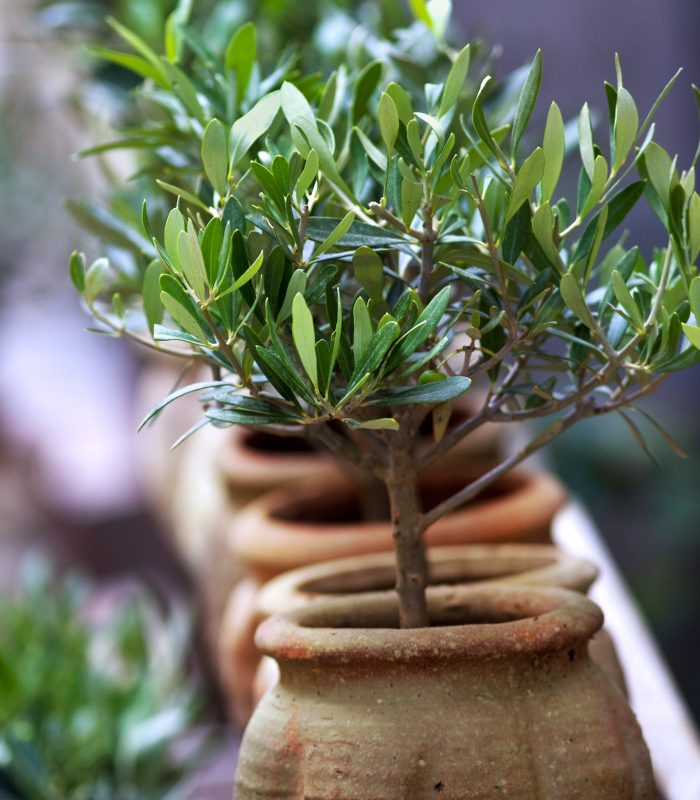
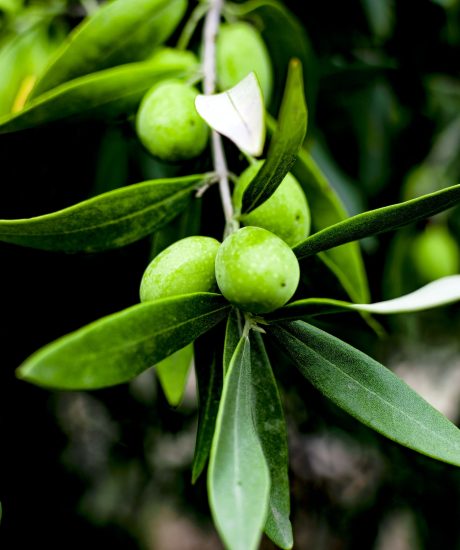
Our hydroponic crop technicians can help you in the following ways:

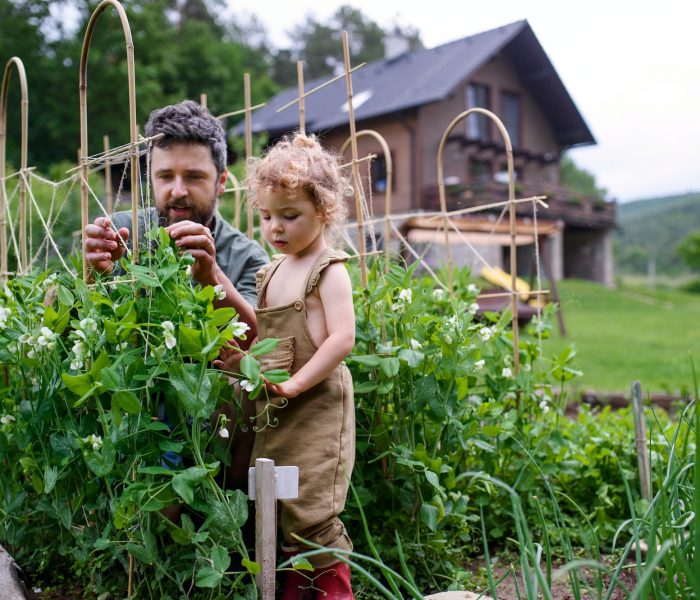
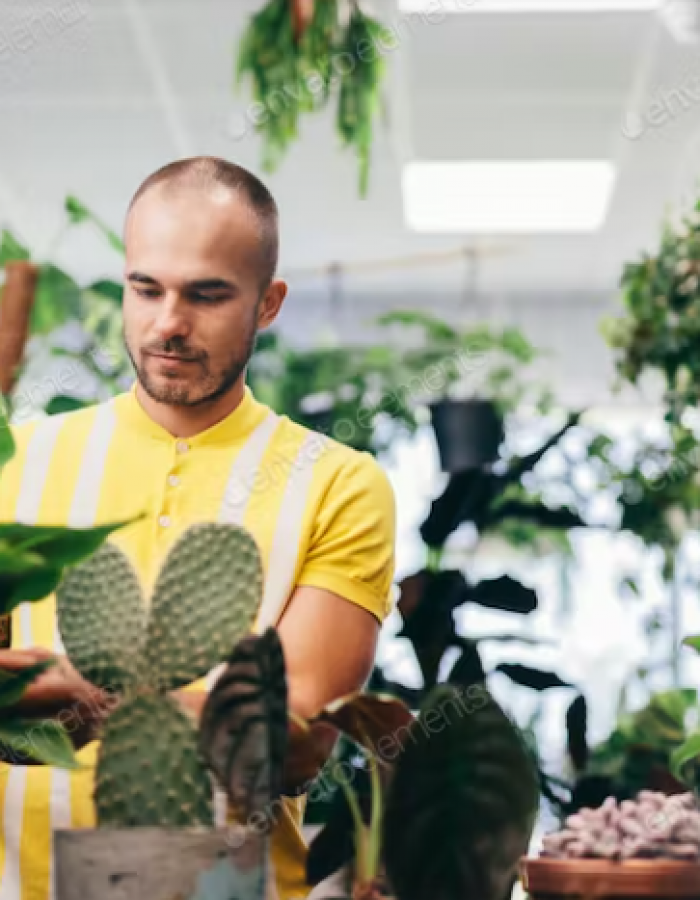
Plant Judo is ideal if you are considering getting into hydroponics cultivation. Our hydroponic specialists are helping consumers produce premium leafy greens and other crops, and we would love to show you how you can do the same.
Get in touch with us to learn more about our scalable vertical hydroponic farming system.
Plants can be grown without soil using a hydroponic system. No matter what Mother Nature does outside your door, you can grow a wide range of edible plants (think herbs, vegetables, and even certain fruits) indoors all year long.
Root crops, including turnips, onions, garlic, carrots, and rutabagas, should be avoided when growing hydroponically. For these species’ roots to extend out and look for nutrients and moisture, they often need a lot of soil.
YES! Any farming enterprise, including hydroponics, can be a profitable investment. In hydroponic farming, plants are grown in specific nutrient solutions instead of growing crops or flowers in the soil.

Copyright © 2024 Plant Judo. All Rights Reserved
Kemp House, 152 – 160 City Road,
London, EC1V 2NX
United Kingdom